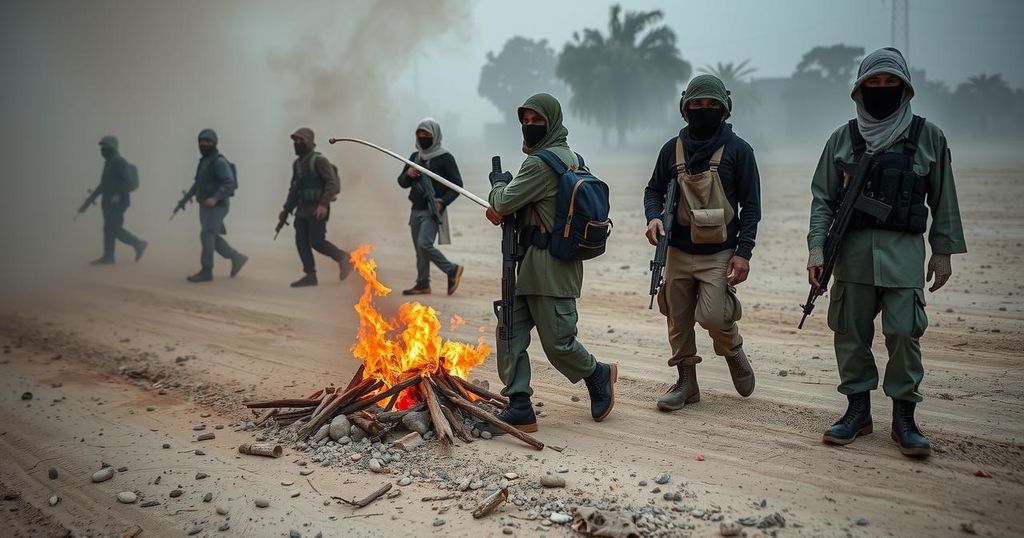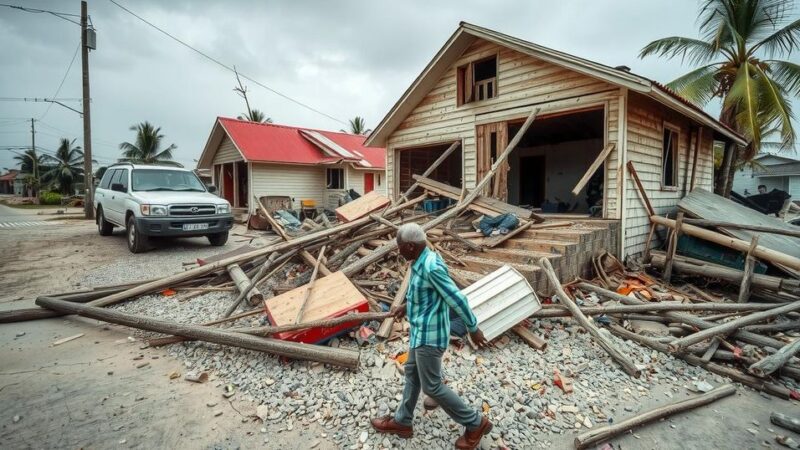Pentagon official Maureen Farrell warns that climate change is exacerbating security challenges in Africa, facilitating jihadist recruitment. Environmental stresses such as flooding and water scarcity make communities vulnerable. Reports show the Islamic State is gaining territory, particularly in climate-affected areas, while efforts to combat jihadism in West Africa have largely failed, highlighting the complex interplay between environmental factors and extremism.
A senior official from the Pentagon has indicated that climate change is exacerbating security issues in Africa, aiding extremist groups in their recruitment efforts. Maureen Farrell, the deputy assistant secretary of defense for African affairs, articulated her concerns during remarks at the Defense Writers Group, suggesting that factors such as flooding, water scarcity, and reduced agricultural land contribute to instability and desperation, making communities more susceptible to extremist ideologies. Reports indicate that groups like the Islamic State are expanding their influence on the continent, particularly in areas vulnerable to climate-related stress. Farrell highlighted that historical instances, such as droughts in Somalia, have previously led to increased recruitment for groups like al-Shabab.
The intersection of climate change and security in Africa has emerged as a critical concern for international relations and counterterrorism strategies. As environmental factors drive instability, they create opportunities for extremist groups to exploit vulnerable populations. The Islamic State and similar organizations are reported to be gaining territory and influence, particularly in regions suffering from climate-induced hardships. This situation has been further complicated by the failure of prolonged efforts to diminish jihadist activity in West Africa, which has seen a significant escalation over recent years.
In summary, the Pentagon’s acknowledgment of climate change as a significant driver of extremism in Africa underscores the complex challenges facing the continent. As environmental stresses continue to rise, the potential for recruitment and radicalization of individuals by jihadist groups is likely to increase. A multifaceted approach that addresses both development and security needs is essential to combat the growing influence of these extremist organizations.
Original Source: dailycaller.com







